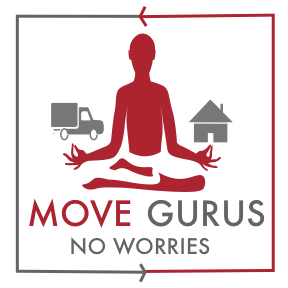Relocating to a new home can be a complex process, and when it involves moving elderly loved ones, it often poses additional challenges. The key to a smooth transition is ensuring the comfort and well-being of the elderly, addressing their unique needs, and providing extensive support throughout the moving process. This comprehensive guide will discuss must-know tips for successfully relocating elderly family members, focusing on their physical, emotional, and healthcare requirements.
We will explore crucial aspects to consider while moving elderly loved ones, such as assessing their individual needs and identifying special accommodations. Creating a comprehensive moving plan is essential in this context, as it ensures adequate time, proper communication, and essential support for the elderly during the process. Another critical consideration involves navigating healthcare and medication requirements, ensuring the continuation of care in their new residence.
We will share valuable insights on helping elderly family members settle into their new homes, offering guidance on establishing routines, adjusting to new environments, and addressing potential challenges that may arise during this transition. By following these tips, you can ensure a smoother and more comfortable relocation process for your elderly loved one. Join us as we provide practical advice to make this experience as pleasant and stress-free as possible for both you and your family.
Assessing the Needs of Elderly Family Members: Identifying Special Requirements for the Move
1. Physical Health and Mobility: Determine if your loved one has any particular mobility limitations or health conditions that necessitate special accommodations during the move, such as wheelchair access or assistance with lifting.
2. Emotional Well-being: Address potential anxieties or concerns of the elderly, providing reassurance and utilizing clear communication to navigate the moving process.
3. Existing Home Layout: Assess your loved one’s current living situation, noting any unique features that contribute to their comfort and should be replicated in their new residence.
4. Planning for Assistance: Enlist professional moving services or gather a team of friends and family to accommodate your elderly loved one’s needs during the move.
Creating a Comprehensive Moving Plan: Timeline, Packing, and Communication Strategies
1. Establish a Timeline: Develop a detailed moving schedule, allowing for adequate time to pack, transport, and settle into the new home, ensuring ample support for your elderly family member during the process.
2. Pack Bite-Sized Chunks: Break down the packing process into smaller, manageable tasks for your elderly loved one, allowing them to participate without becoming overwhelmed.
3. Keep Everyone Informed: Maintain open channels of communication with family members, caregivers, and healthcare professionals, ensuring everyone is aware of the moving timeline and progress.
4. Documentation and Records: Organize essential documents, such as medical records, insurance information, and legal paperwork, ensuring easy access and retrieval throughout the moving process.
Navigating Healthcare and Medication Needs During the Move: Ensuring Continuity of Care
1. Prescription Medications: Ensure sufficient supplies of necessary prescription medications are available throughout the move, coordinating with healthcare providers and pharmacies as needed.
2. Health Appointments: Schedule relevant health appointments before and after the move, allowing for a seamless transition with minimal disruption to routine care.
3. In-Home Care Services: If your elderly loved one currently relies on in-home care services, make arrangements to transfer or replicate these services in their new location.
4. Emergency Plans: Develop an emergency plan in the event of any unforeseen medical needs during the move, providing peace of mind and readily available support.
Settling into the New Home: Establishing Routines and Adjusting to New Environments
1. Safety First: Survey the new residence for any potential hazards or necessary modifications to accommodate your elderly loved one’s specific needs. Install safety equipment such as grab bars, improved lighting, or non-slip flooring as required.
2. Familiar Set-up: Arrange furniture and personal items in a manner that mimics their previous living space, providing a sense of familiarity and continuity for the transitioning senior.
3. Establish Routine Quickly: Help your loved one establish a routine after the move, including daily activities, meal times, and healthcare regimens, ensuring a seamless transition to their new environment.
4. Encourage Social Interaction: Assist your elderly family member in making connections and cultivating relationships within their new community, building a support network to help them thrive.
Conclusion
When moving elderly loved ones, it’s essential to remain compassionate, patient, and proactive, ensuring their needs are met and their comfort is a top priority. By assessing individual requirements, creating a comprehensive moving plan, navigating healthcare and medication needs, and helping your loved ones adapt to their new homes, you can provide a loving and supportive environment during this significant life change. Allow yourself and your family members the grace to adjust to this transition and be prepared to address any challenges that may arise.
Looking for a reliable and efficient local moving company in Calera, AL? Move Gurus has got you covered! Our team of expert movers is equipped with the tools and expertise to handle all your moving needs. With our commitment to providing exceptional customer service, you can trust us to make your move stress-free and seamless. Contact us today to schedule your move with the best local moving company in Calera, AL!





